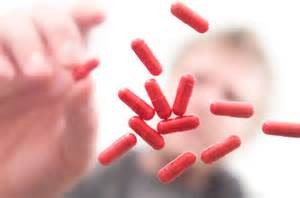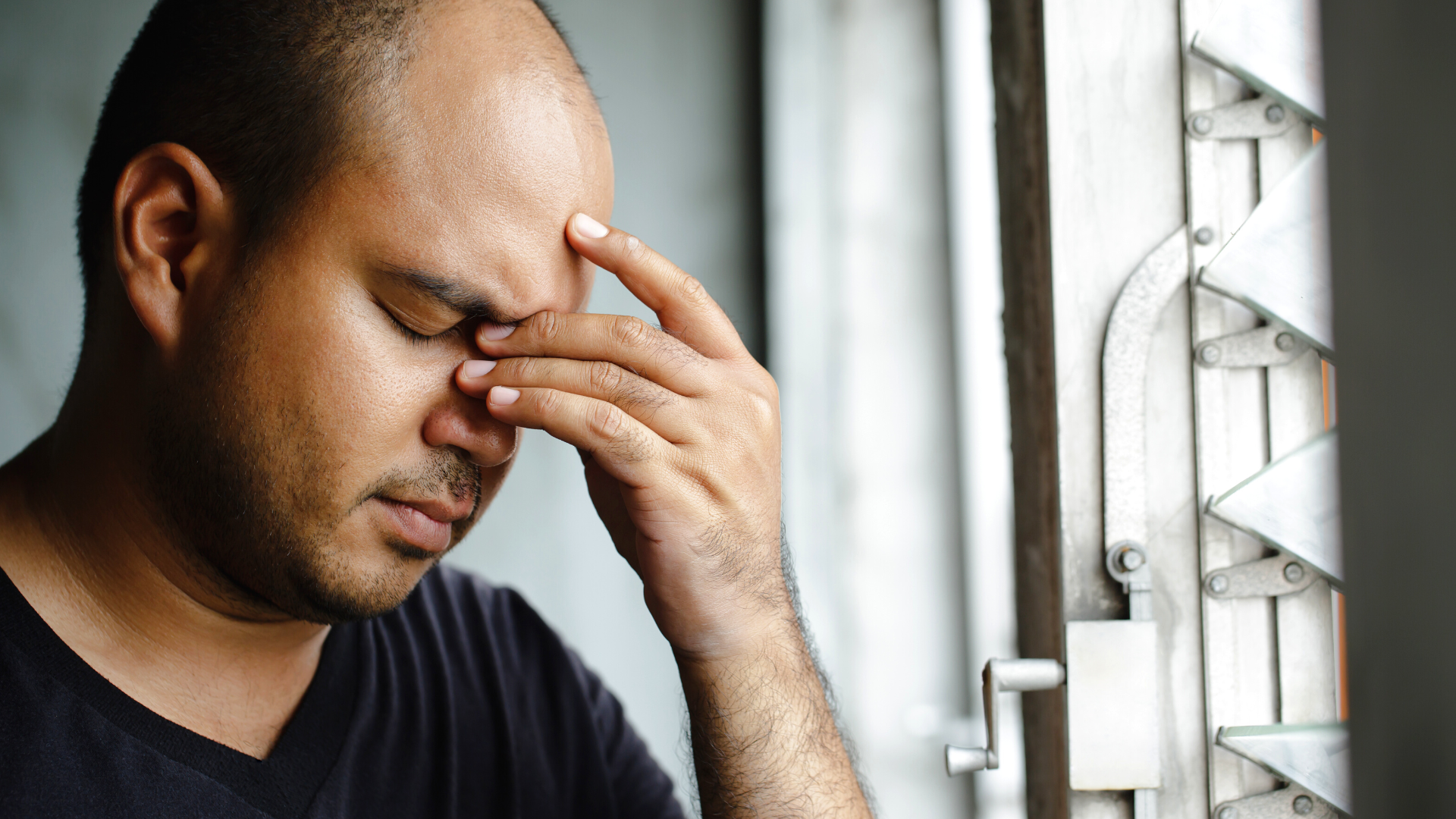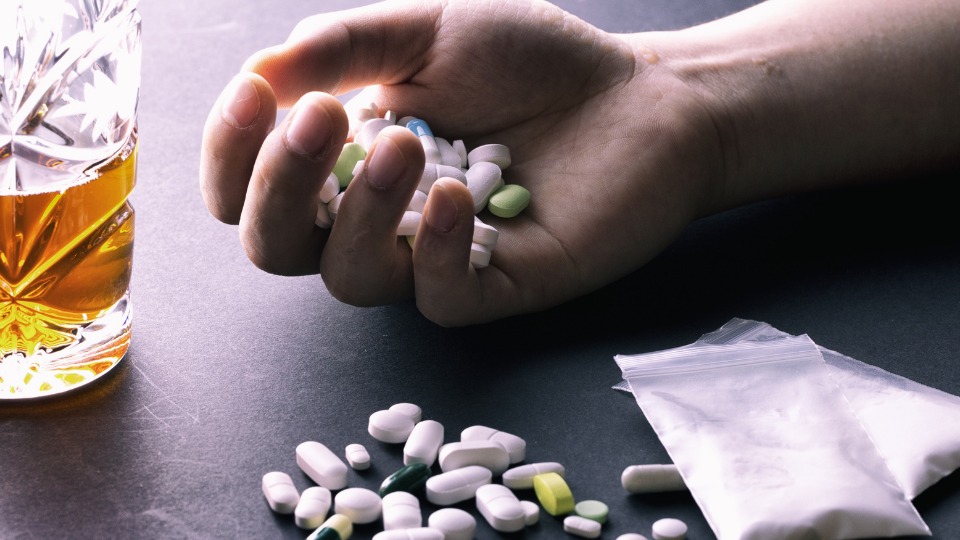For today’s young men, drugs, alcohol, and addiction aren’t quite the same as they were when we were their age. And just over the past decade, attitudes towards substance abuse have changed, and so have the drugs themselves.
Information and Education
One of the best ways to protect our kids from substance abuse and addiction is to keep ourselves informed about the signs, symptoms and risk factors of popular drugs. Let’s take a look at some of the signs.
 Changes in behavior. These can include aggression, mood swings, depression, emotional outbursts, withdrawing from friends and family, irritability, and so on.
Changes in behavior. These can include aggression, mood swings, depression, emotional outbursts, withdrawing from friends and family, irritability, and so on.- Changes in appearance. You can’t determine whether someone is using drugs based solely on how they look, but changes in personal grooming, hygiene can be a red flag.
- Physical signs. Slurred speech, dilated pupils, stumbling while walking, and nodding off in the middle of the day may point to drug or alcohol abuse.
- Problems at school. While many kids experience occasional problems at school, substance abuse often results in chronic issues like skipping, tardiness, poor grades, and behavioral problems.
- Problems with friends. It’s not uncommon for teens to move between social circles. However, if your child suddenly drops her old friends in favor of a rougher or edgier crowd, substance abuse may be a factor.
Communication
Recognizing signs and symptoms is a great first step. But you’ll never be able to do anything about it unless you talk with your child about preventing drug or alcohol abuse. And though many fathers find it difficult to discuss this topic, the following steps may help:
- Talk often. Instead of saving all your advice and information for one big discussion, make drugs and alcohol a part of your day-to-day conversations. Talking frequently about substance abuse can make things less awkward for everyone concerned. More importantly, it will help teens feel more comfortable speaking with you openly and honestly.
- Avoid accusatory or judgmental language. If teens feel like they’re being judged or accused unfairly, they may shut down completely, which will put a quick end to the lines of communication you spent so much time creating. Coming across as concerned and understanding will help keep the conversations flowing.
- Try to relate. Most of us, at one time or another, have been in a situation where we were tempted to use drugs or alcohol. When talking to your children, talk about your own experiences and struggles. The fact that you’ve been there too increase the chance that teen will actually listen to what you have to say
Treatment
If you spot the signs of substance abuse or addiction in your child, getting immediate help could, quite literally, save your child’s life and keep open the possibility that he or she will have a bright, promising future. Thankfully, young adult drug and alcohol treatment can help your teen uncover the causes of substance abuse, address the effects of addiction, and prevent relapses.
When it comes to getting your child into treatment, it’s important to do some due diligence. For example, are there facilities nearby that address your child’s needs, or will you need to look further from home? What treatment methods do they use? How much will it cost? Will insurance pay for any of it?
Once you’ve chosen a rehabilitation facility, it’s time to talk to your child about treatment. Anger, denial, and aggression are common in these types of conversations. Be prepared for a lot of resistance, but you’ve got to stand your ground.




I like the sensible approach by this article. Surprise! Young people are exposed to drugs and alcohol like every other generation before them. The important thing is for the adults to do things differently than other generations have. How about instead of the fear mongering DARE program that has been a proven failure, start real, fact-based discussion with young people. Open lines of communication and support have always been better means to healthy lifestyle choices than absolutes and ultimatums.
Drugs/alcohol abuse causes major social and public health concern for everyone. Some social concerns of drug/alcohol abuse range from addiction, increased violent/aggressive behaviors, alienation, involvement with gangs, family/friend issues, and so forth. Drug/alcohol abuse is a also a public health issue because it gradually destroys one’s health, unless something is done to prevent it. I think that you ,Dr. Brott, hit the nail in the head when you describe the sings to watch out for, especially in most teens. Relating the pressure that teens go through these days is easy for me because I was a teen a few year ago, and I know how hard it was for me to resist peer pressure. Furthermore, as I look back, I am glad that my high school communicated to me the health and health consequences of drug/alcohol abuse and treatments through guest lecturers who were severely impacted by drug/alcohol.